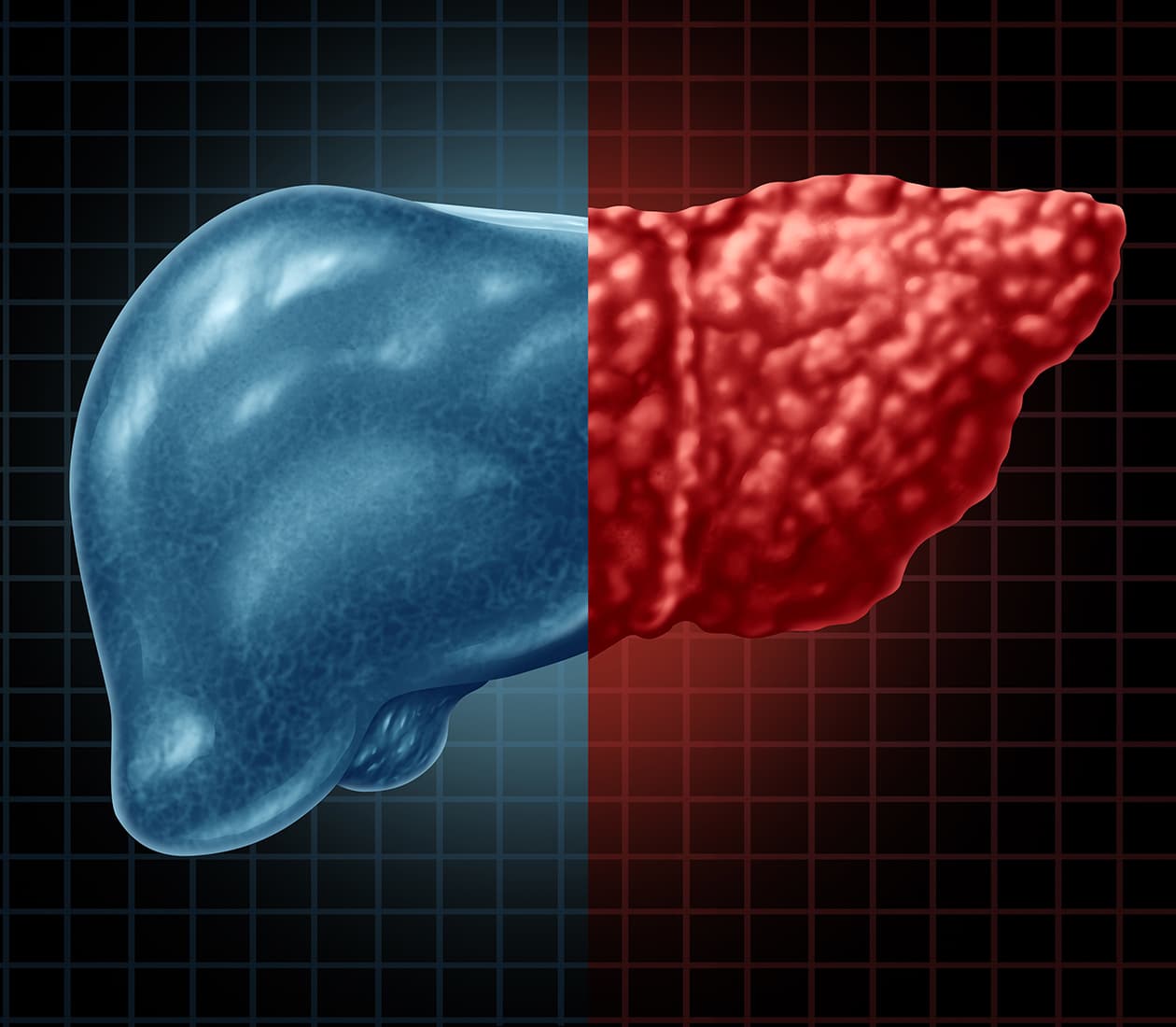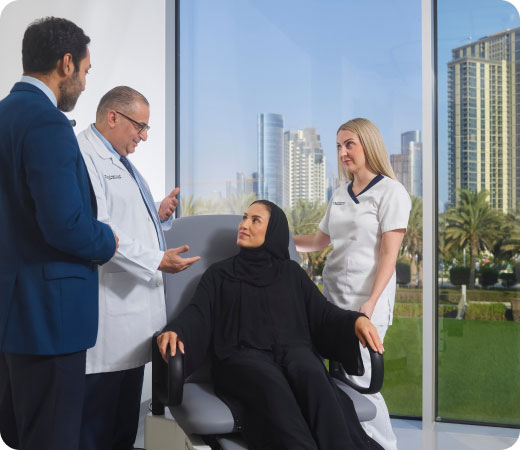
The Liver Cancer Program at Cleveland Clinic Abu Dhabi offers state-of-the-art facilities and medical care to patients with liver cancer, through a multidisciplinary team of experienced health care professionals, who are leaders in the field of hepatic oncology. Using the most sophisticated diagnostic testing and imaging, and with advanced endoscopic and interventional radiology support, and the latest robotic and minimally invasive surgical options, our team work together to provide an individualized care plan for each patient.
For patients who require a transplant following a diagnosis with liver cancer, Cleveland Clinic Abu Dhabi’s Liver Transplant Program offers local, trusted and experienced care. As the UAE’s first and only multi-organ transplant center, our facility performs cutting-edge, life-changing surgeries. Patients receive compassionate care and extended support and counseling to ensure the most successful medical outcome is achieved.

We take a truly multidisciplinary approach to cancer care, close to home. Our entire team, including hepatologists, oncologists, radiologists, liver and transplant surgeons, and specialized nurse coordinators, work together to treat patients with cancerous liver tumors, benign liver tumors, cirrhosis of the liver and more.
Our multidisciplinary approach brings together a team of experts to provide coordinated and exceptional patient care to those diagnosed with liver cancer. The team meets regularly as a multidisciplinary tumor board to discuss each patient and ensure the best treatment options are considered for each individual.
The team work closely with the Cleveland Clinic US’s liver cancer program to develop the most appropriate treatment plan, to ensure the best possible outcome for each patient.

The Liver Cancer Program treats the following types of liver cancer:

In the early stages, liver cancer often has no symptoms. If the liver becomes swollen, you may notice the following symptoms:
In most cases, the cause of liver cancer is not known. Diseases such as hepatitis can cause liver cancer. Cirrhosis of the liver may also increase your risk of developing liver cancer.

Your doctor may suspect liver cancer if they find lumps and other symptoms during a physical examination. They will then order other tests, which might include:
How liver cancer is treated will depend on certain things, including your general health and the stage of your cancer (how much it has spread).
Surgical treatments:
Other treatment options include:

Although liver cancer can’t be prevented, there are things you can do to reduce your risk of developing the disease, including:
Talk to your doctor about liver cancer screening if you have any type of liver disease, drink alcohol, have diabetes or are overweight.

Caregivers supporting the Liver Cancer Program include:

Speak with our Contact Center for assistance
Request an Appointment 800 8 2223 International Patients